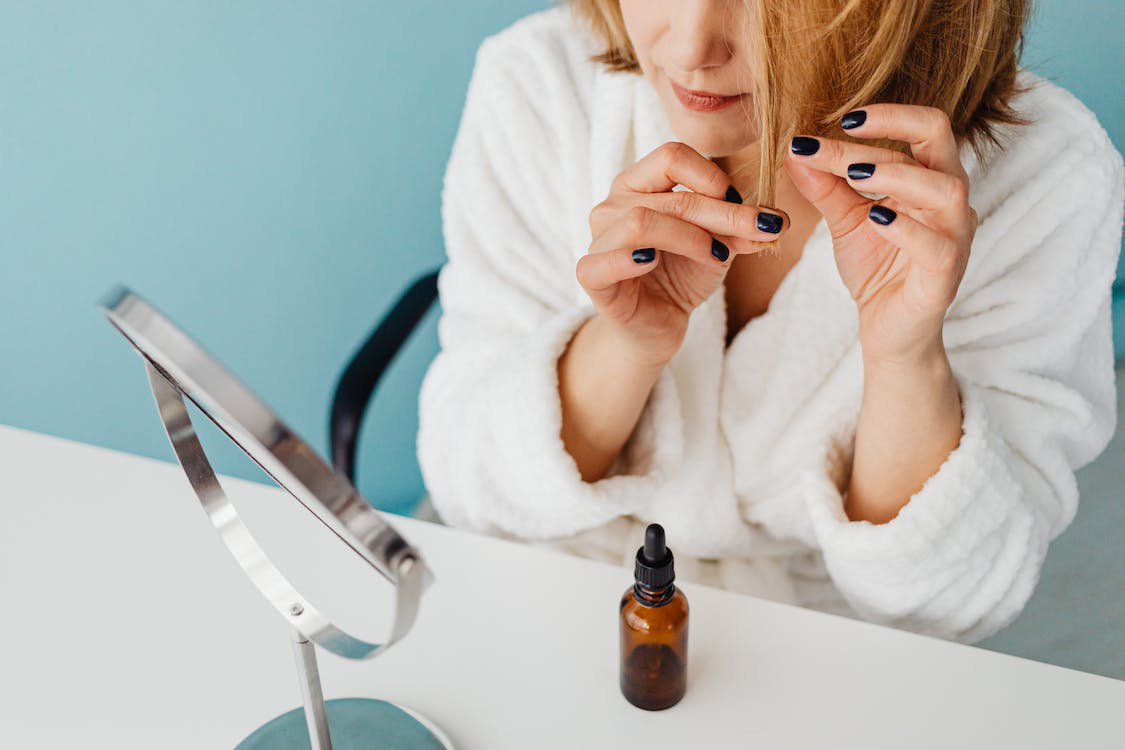Hair loss is a prevalent concern that affects individuals of various ages and genders. While there are numerous factors contributing to this issue, the role of hormones in hair health cannot be understated.
In this comprehensive exploration, we delve into the intricate connection between hormones and hair loss, shedding light on the mechanisms at play and offering insights into potential solutions. Additionally, we’ll touch upon the relevance of hormone replacement therapy in addressing hair loss.
Understanding the Hormonal Dynamics
Hormones play a crucial role in regulating numerous bodily functions, including hair growth. Imbalances in specific hormones can disrupt the natural hair growth cycle, leading to increased shedding and thinning.
One of the primary hormones associated with hair loss is dihydrotestosterone (DHT), a byproduct of testosterone. Elevated levels of DHT can shrink hair follicles, reducing their lifespan and ultimately causing hair loss.
The Impact of Estrogen and Progesterone
Estrogen and progesterone also have a say in the health of our locks. These hormones contribute to hair thickness and growth, creating a delicate balance. Fluctuations, such as those experienced during pregnancy or menopause, can disrupt this balance and lead to temporary or prolonged hair loss.
Understanding the cyclical nature of hormonal changes in women is essential in addressing and managing hair loss concerns.
Thyroid Disorders and Hair Health
The thyroid gland, a key player in hormone production, influences metabolism and energy levels. Disorders such as hypothyroidism or hyperthyroidism can impact the hair growth cycle.
Hypothyroidism, characterized by an underactive thyroid, may lead to brittle hair and hair loss. Conversely, hyperthyroidism, an overactive thyroid, can result in excessive hair shedding. Maintaining thyroid health is crucial for sustaining vibrant and healthy hair.
Autoimmune Disorders and Environmental Influences
Autoimmune disorders and environmental factors also contribute significantly to hair loss. Conditions like alopecia areata involve the immune system attacking hair follicles, causing sudden hair loss.
Environmental toxins and pollutants can disrupt hormonal balance, exacerbating hair loss concerns. A holistic approach that considers both internal and external factors is vital in addressing these complex issues.
Empowering Solutions: Hormone Replacement Therapy (HRT)
For individuals grappling with hormonal imbalances contributing to hair loss, hormone replacement therapy (HRT) emerges as a reliable solution. HRT involves supplementing the body with hormones to restore balance and mitigate the effects of imbalances.
In the context of hair loss, HRT can help address deficiencies in estrogen, progesterone, or thyroid hormones. It’s crucial, however, to approach HRT under the guidance of a qualified healthcare professional, as improper use can have adverse effects.

In your journey towards optimal wellness and vibrant hair, consulting with healthcare professionals specializing in hormone health is essential. And that’s exactly what our South South Georgia Center for Optimal Wellness provides.
Our exceptional hormone replacement therapy is delivered by the best experts in this area, providing holistic wellness solutions to optimize your well-being. Visit our website to learn more about our treatments.
